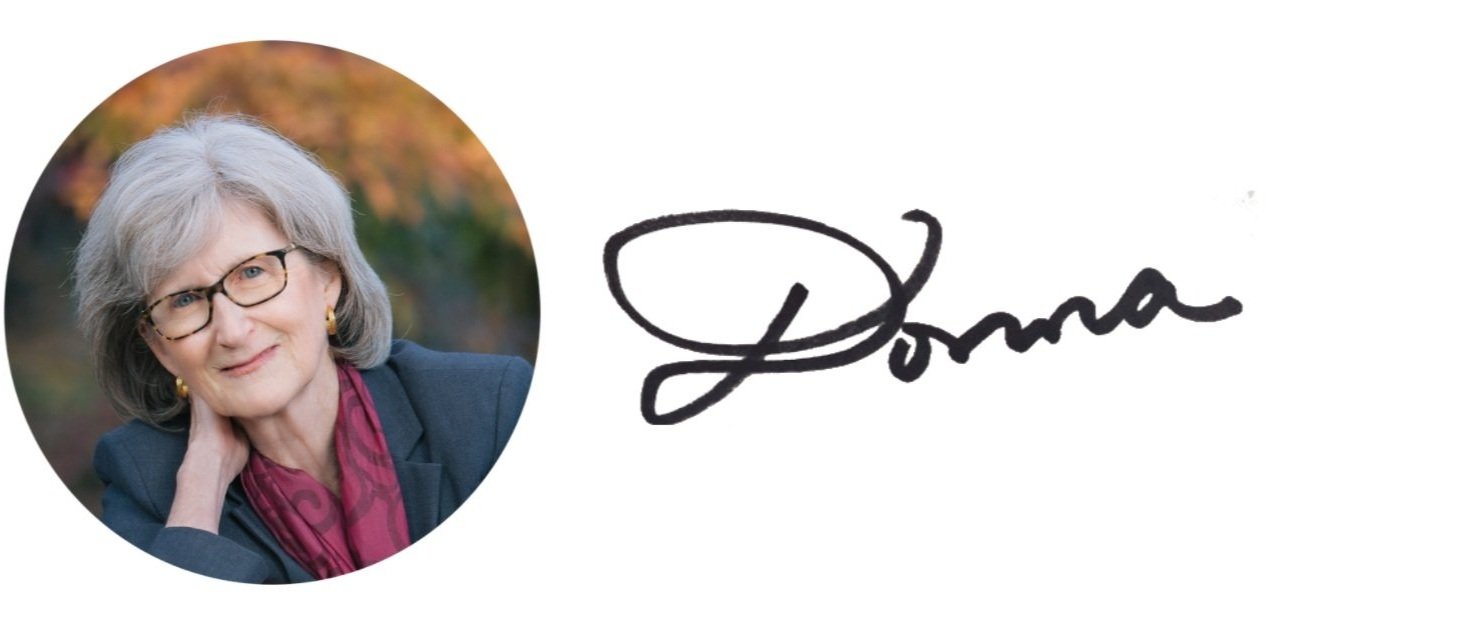Emotionally Healthy Spirituality
I’ve decided to add a new feature to this blog. Now and then I will share with you a book that particularly speaks to me. One such book is Emotionally Healthy Spirituality by Peter Scazzero, the founding minister of the New Life Fellowship Church in Queens, N.Y. The subtitle reveals the author’s thesis: It’s impossible to be spiritually mature while remaining emotionally immature.
Have you had the experience when reading a book of feeling the author was speaking directly to you, looking you in the eyes to be sure you were listening? This happened to me with this book. How did this man know me and my journey?
Pastor Scazzero is an Italian-American from New Jersey whose voice on his podcasts sounds like that of a restauranteur from the Bronx. He stands naked before his readers as he reveals his own emotional immaturity and the problems this caused. I applaud his courage to make himself vulnerable, and I agree with Brené Brown who wrote in her book Daring Greatly: “If we want greater clarity in our purpose or deeper and more meaningful spiritual lives, vulnerability is the path.” Scazzero found both purpose and meaning, which he now generously shares with the world. I am going to call him Pete from now on, because I already feel like he and I are friends.
With his team and wife Geri, Pete turned all that he learned into this book and also a ministry called “Emotionally Healthy Discipleship.” In his book, he promotes seven steps to growth and healing. This process is deeply rooted in biblical and psychological truths. He emphasizes “the combination of emotional health and contemplative spirituality,” which “unleashes the Holy spirit inside us so that we might experientially know the power of an authentic life in Christ.”
As Pete describes the symptoms of emotionally unhealthy spirituality, he emphasizes how our families of origin influence our adult attitudes, beliefs, and behaviors without our being aware, and often in unhealthy ways. As an example, he describes being so driven to seek approval and success in his church that he neglected his wife and family for many years. He also presents vignettes from the lives of his staff and church members. Finding solutions requires that we retrace our steps to our childhoods and connect with our families, in our minds if not in person. Then we must listen to, understand, and forgive both our family and ourselves for the inevitable failures —and, most importantly, accept the fact that we can only change ourselves. Hint: This is not a short process.
Coincidently, just before reading Pete’s book, I had read an excellent book describing a model of behavior and psychotherapy called Family Systems Therapy—the book is Extraordinary Relationships, A New Way of Thinking About Human Interactions. Everything Pete taught was right in line with the teachings of the author, Roberta M. Gilbert, M.D.
I was thrilled* to hear Pete’s emphasis on contemplative spirituality, a topic that had both spooked me and attracted me for several years. The constant distraction of my churning mind made me so desperate for peace and quiet that I finally surrendered to a contemplative practice called Centering Prayer. For his contemplative practice, Pete started following The Divine Office, including “silence and centering” at intervals throughout the day.
In the final chapter of Emotionally Healthy Spirituality, Pete calls his readers to develop their own “Rule of Life,” loosely based on the Rule of St. Benedict from the sixth century. He describes the goal of this rule as “union with God in Christ, transformation into His image, and the freeing of our hearts from anything that stands in the way of Christ living in and through us.” He offers an outline that includes plans for prayer, rest, work/activity, relationships, family, and community.
What would you include in your own rule of life?
SUGGESTIONS:
1. Read Emotionally Healthy Spirituality. I should note that I read the 2006 edition but have linked to the newer edition of 2017.
2. If you are interested in relationships, how they can get messed up, what your family of origin may have to do with this, and how to make things better, read Extraordinary Relationships, A New Way of Thinking About Human Interactions.
3. Share with me and others the books you found particularly meaningful and the reasons why.
I really enjoyed writing this post. I hope you are having a great summer. God bless all of you.
Donna
P.S. If you found this material useful, consider sharing it or subscribing to my blog which will come monthly, always free of ads.
*I’m embarrassed to admit that I didn’t think Evangelicals would be interested in contemplative prayer. I found an interesting piece by writer Ed Cyzewski about why some Christians, including Evangelicals, are fearful of contemplative prayer.
God Bless.
P.S. Don’t forget to sign up for my monthly blog or follow me on Facebook or Donna Chacko on Twitter. If my message helps you in any way, please consider sharing it with others.
Dr. Donna Chacko promotes health of body, mind, and spirit through her website (serenityandhealth.com), her blog, and programs at her church. She is the author of the award-winning book and Amazon best-seller Pilgrimage: A Doctor’s Healing Journey (Luminare Press, 2021). You can read her full bio here.
















How to become emotionally and spiritually healthy.